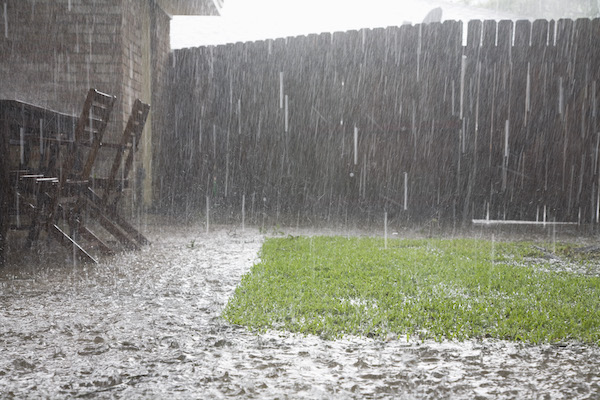Plumbing can be a complicated concept if you don’t have a true understanding of it. The typical plumbing contractor has to understand not only water, its chemistry and mineral make up but gravity, filtration, pipes and pressure as well. It may seem like a lot to wrap your head around but most professionals attend vocational schools, get certified and continue learning throughout their career to keep up with the latest technologies and advancement.
Our goal is to always offer our expertise whenever needed so understanding why drains back up during heavy rainstorms may impart some knowledge from us… to you! Here is the basic understanding of the situation and why it occurs.
As many would assume, backups during rainstorms are not supposed to occur, right? Drains are supposed to transport waste out, not in. That part is true; however, heavy rains can overwhelm drain pipes forcing rainwater and sewage backups in the opposite direction. You may be thinking… sewers and storm drains are different, right? That is correct but because heavy rains can generate more water than many sewer lines can handle, possibly due to aged or corroded lines, the water begins heading in the opposite direction. During extremely rainy summers you may experience these sorts of situations and the best solution is to have a professional inspect your sewer drain using video inspection technology to detect any issues deep within.
All that being said, we can’t control mother nature nor the age of our plumbing and sewer systems but we can be proactive with maintenance. An annual inspection from certified professional is one way to keep things running smoothly and in the correct direction. Also, if you notice your water bill increasing for no apparent reason or slow drainage throughout your home this could be the result of a leak. Finally, keep a good eye on ceilings, drywall and wet or moist floors which could also indicate a leak has occurred which until that point had gone undetected. Being proactive will help save time, energy and stress in the future and keep your plumbing needs up to the proper standards. If you notice anything unusual contact your plumbing professional immediately. If you have any questions simply use the following contact details.

